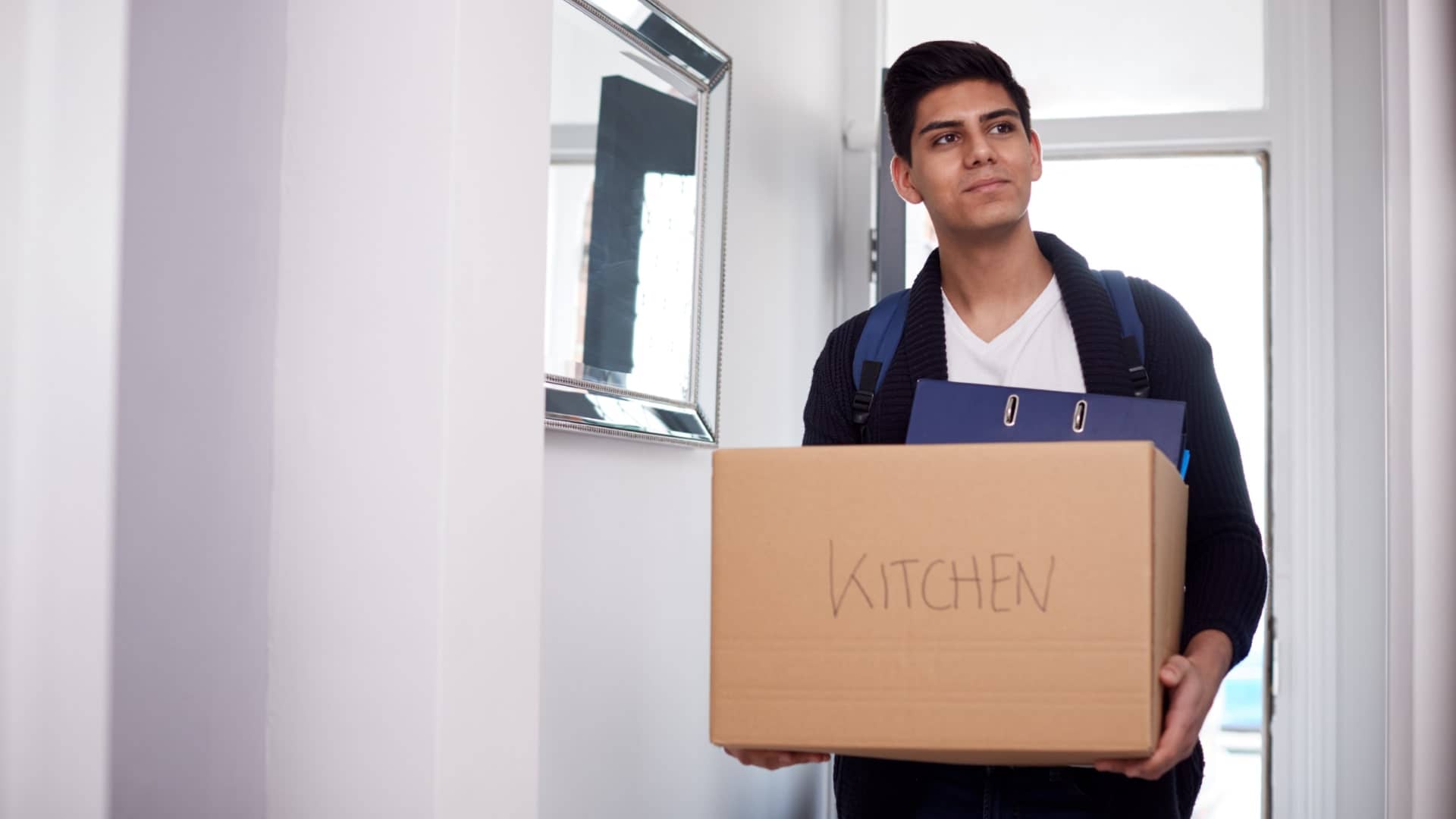All you need to know about student accommodations
When going to study abroad there are many things to think about, but definitely one of the things that weigh on the budget and the success of the experience is accommodation.
Finding the right mix of comfort, expenses and proximity to your college or university is always difficult, and can lead to stress that then adds to the one due to the new environment, homesickness, etc.
In addition to asking friends and acquaintances who have already faced this new experience, it is always good to rely on those who have been involved in finding the right accommodation for young people who want to study abroad for years, but also to keep a few simple tips in mind.
The different types of student accommodation
There are various types of student accommodations, each with its own characteristics for diverse needs and preferences:
- University dormitories (on and off-campus) and residential colleges;
- Shared flats;
- PBSA, Purpose-Built Student Accommodation;
- Private properties.
Obviously University dormitories and residential colleges offer more connections with the college or university you are attending since they’re usually nearby, and likewise it is easier to bond with other students. The main disadvantages are that they can sometimes be old buildings with few amenities and privacy, have strict rules and limited control over roommate assignments. Furthermore, since and above all it is not so easy to secure housing there because they are limited. Likewise, PBSA has less privacy than a private apartment or house, and some properties may not be as conveniently located.
Private properties and residences definitely are good options, for privacy, amenities and distance from the universities and colleges. There’s also no need to worry about taking out water, gas, electricity or internet connections: everything is already in place in these residences.
Another advantage is that you can keep in touch with other students and get to know them, particularly in communal areas such as dining rooms, sports halls and multimedia areas where these are available.

How to find your student accommodation?
Our first tip is to start by asking yourself the right questions: what are you looking for? A studio or shared flat? Where do you want to live? In the city centre or close to your university or school? Then type your search into Google and check out the results.
You’ll find websites specialising in student accommodation, estate agencies and general websites for renting.
When the websites have the function, you can create an alert giving as much information as possible about your search. This will save you precious time, as you’ll receive an email directly with any offers that match your criteria.
Otherwise, you can rely on our international team to help you find the accommodation of your dreams, in the area that suits you best and according to your budget!

Pay attention when making arrangements with a private individual
If you do your research on private rental websites, beware of tempting advertisements with lower than average rents: there might be fraud or something unclear going on.
- First of all, never send cash to book your accommodation!
- Furthermore, before signing your lease, check the amount of charges (maintenance of communal areas, water, central heating, caretaker, etc.). Depending on the landlord, these may or may not be included in the rent.
So pay attention to these details when talking with a private individual for your rent!